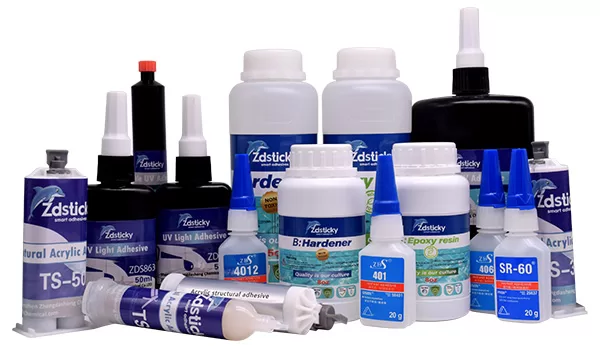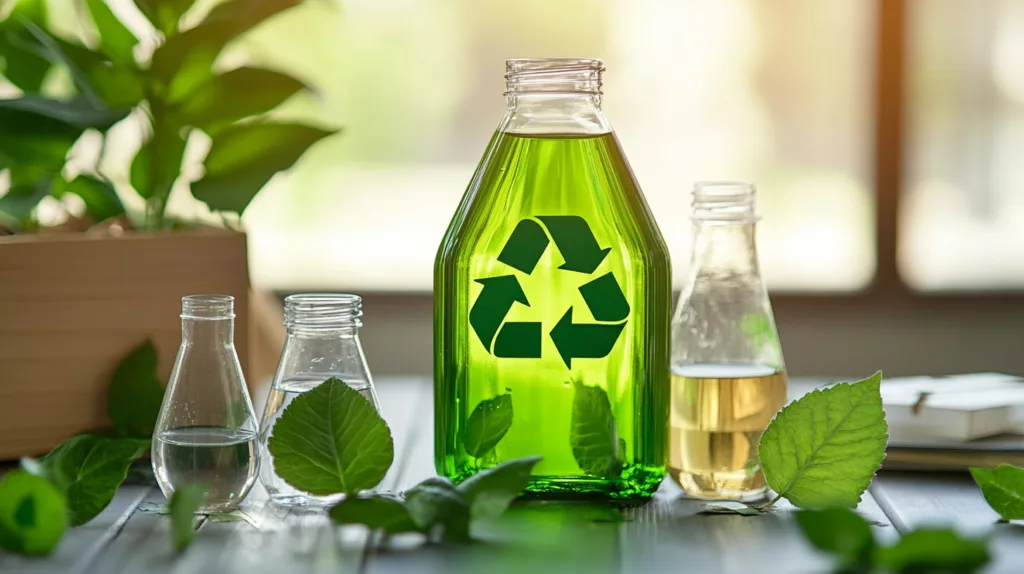What is Concrete Glue?
Concrete glue, often referred to as construction adhesive, is a specially formulated bonding agent designed for use on concrete and similar surfaces. Its primary purpose is to provide a strong, lasting bond between materials, eliminating the need for mechanical fasteners in many cases. This adhesive is versatile, offering solutions for various tasks ranging from home repairs to large-scale construction projects.
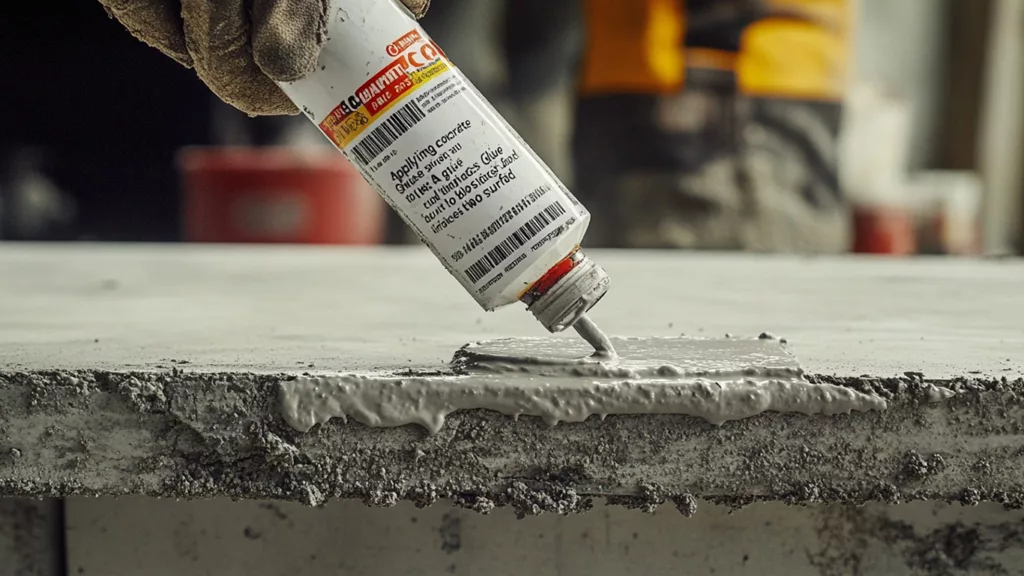
How Does Concrete Glue Work?
Concrete glue operates by penetrating the porous structure of concrete and creating a robust bond. As the adhesive cures, it hardens and integrates with the concrete surface, forming a durable connection. Modern formulations include chemicals like polyurethane or epoxy, ensuring compatibility with a variety of materials, including stone, wood, and metal.
Types of Concrete Glue
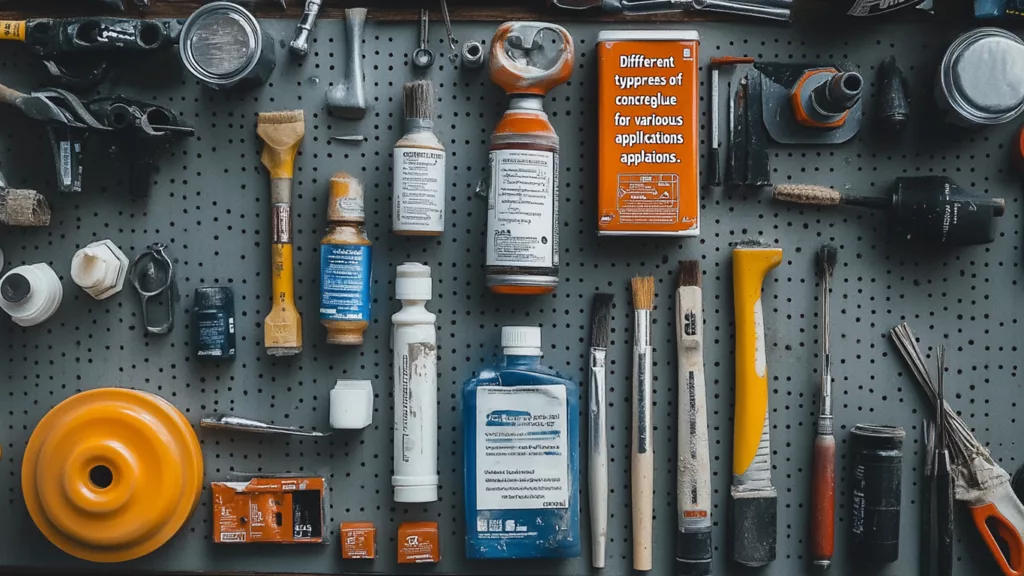
- Epoxy-Based Glue: Ideal for heavy-duty repairs and industrial applications due to its incredible strength.
- Polyurethane Adhesive: Flexible and moisture-resistant, making it suitable for outdoor projects.
- Acrylic Adhesive: Fast-drying and easy to use, perfect for DIYers tackling smaller tasks.
Applications of Concrete Glue
Concrete glue offers numerous applications, making it a staple in both professional and amateur toolkits.
Construction Uses
In construction, concrete glue is used for anchoring bolts, sealing joints, and attaching tiles or panels. Its strength ensures the stability of structures, especially in areas subject to heavy loads or frequent use.
DIY Home Repairs
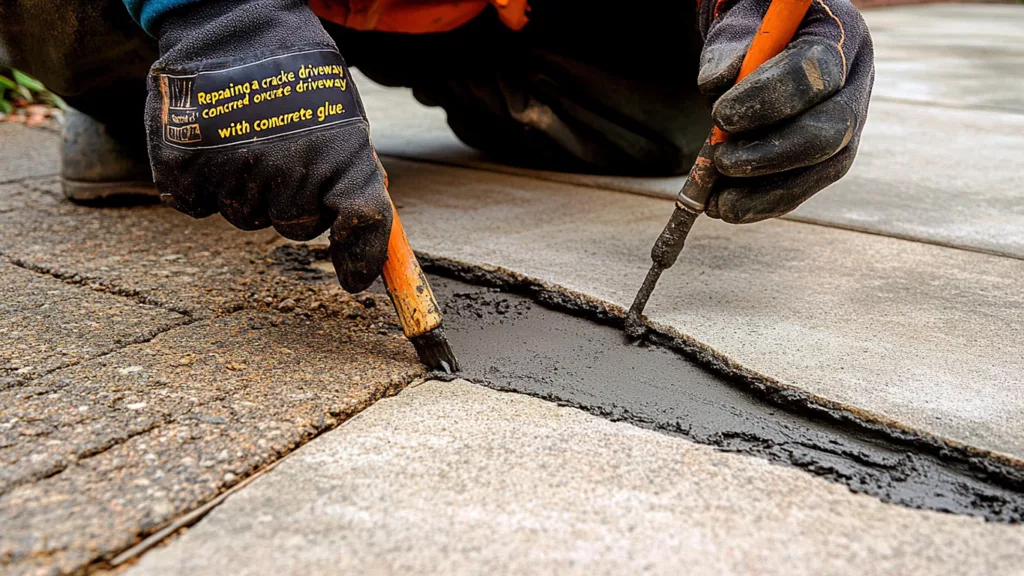
For homeowners, concrete glue simplifies repairs such as fixing cracks in driveways, reattaching loose tiles, or mending broken steps. Its ease of application means even those without technical expertise can achieve professional results.
Creative Projects with Concrete Glue
Artists and hobbyists have found innovative uses for concrete glue, such as crafting garden ornaments, sculptures, or mosaics. Its ability to bond dissimilar materials like glass and stone opens up creative possibilities.
Benefits of Using Concrete Glue
The advantages of concrete glue extend beyond its bonding capabilities, offering practical and economic benefits.
Durability and Strength
A well-applied layer of concrete glue can last for years, even under harsh environmental conditions. Its resistance to heat, moisture, and pressure makes it a reliable choice.
Cost Efficiency
Compared to mechanical fasteners or traditional cement mixtures, concrete glue is often more affordable and requires less equipment for application.
Versatility in Applications
Concrete glue isn’t limited to concrete alone; it works with a wide range of materials, including ceramics, plastics, and metals, providing a one-size-fits-all solution.
How to Choose the Best Concrete Glue
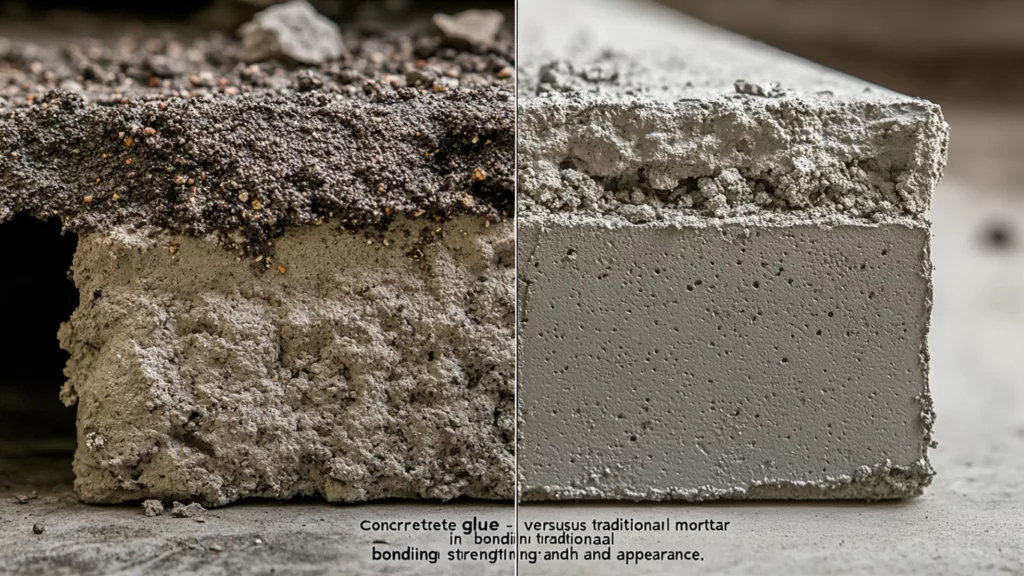
Not all adhesives are created equal. Selecting the right concrete glue depends on the specifics of your project.
Factors to Consider
- Material Compatibility: Ensure the glue works with the surfaces you plan to bond.
- Curing Time: Faster-curing adhesives may be beneficial for time-sensitive projects.
- Weather Resistance: Outdoor applications require glues that withstand extreme temperatures and moisture.
Popular Brands and Products
Brands like Loctite, Gorilla Glue, Sika and ZDS™ have built reputations for reliable and high-performance adhesives. Exploring customer reviews and product specifications can help narrow down your options.
Step-by-Step Guide to Using Concrete Glue
Proper application is crucial for achieving a secure and lasting bond.
Surface Preparation
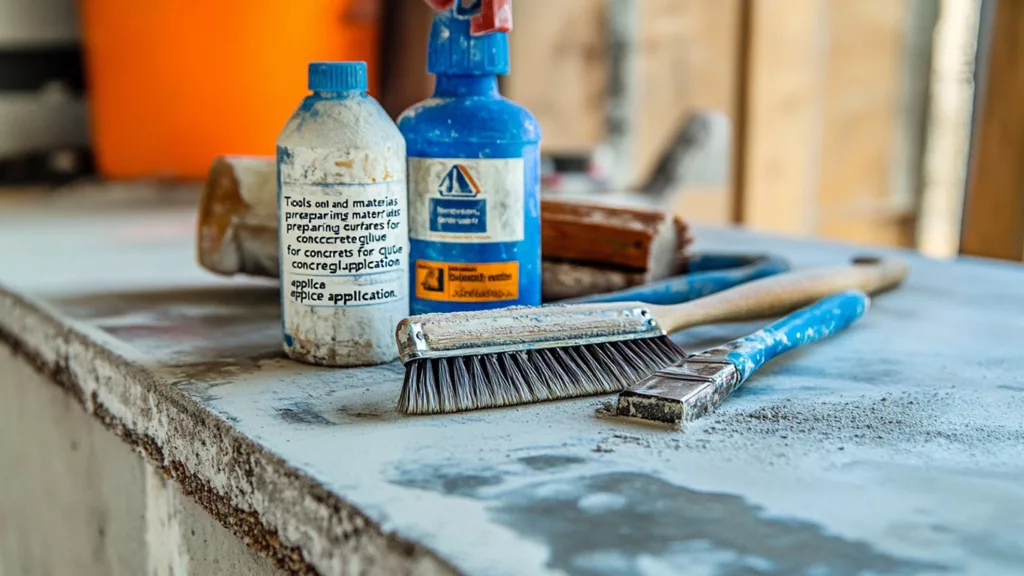
Clean the surfaces thoroughly to remove dirt, grease, and debris. Uneven areas should be sanded or filled to ensure a smooth bonding surface.
Application Techniques
Apply the adhesive evenly using a brush, roller, or caulking gun, depending on the product. Press the materials together firmly and secure them in place until the glue cures.
Safety Tips
- Work in a well-ventilated area.
- Wear gloves to prevent skin contact.
- Follow the manufacturer’s guidelines for drying and curing times.
FAQs About Concrete Glue
Why choose concrete glue for repairs?
Concrete glue offers a quick, durable, and hassle-free solution for bonding materials compared to traditional methods like cement or nails.
Can concrete glue bond to metal?
Yes, certain formulations of concrete glue are designed to adhere to metal, making them versatile for diverse applications.
How long does it take to cure?
Curing times vary by product but generally range from 24 to 72 hours for a complete bond.
Is concrete glue waterproof?
Many concrete glues are waterproof, but it’s essential to check the product label for confirmation.
What surfaces can concrete glue adhere to?
Concrete glue can bond concrete, stone, wood, metal, and ceramics, among others.
Can concrete glue be removed?
Removing cured concrete glue can be challenging but is possible with chemical solvents or mechanical tools like scrapers.
Conclusion
Concrete glue is an indispensable tool for anyone working with concrete or other heavy-duty materials. Its strength, versatility, and ease of use make it a preferred choice for tasks ranging from structural repairs to artistic endeavors. By selecting the right product and following best practices, you can achieve results that stand the test of time. Whether you’re a professional contractor or a DIY enthusiast, concrete glue empowers you to tackle projects with confidence and precision.





